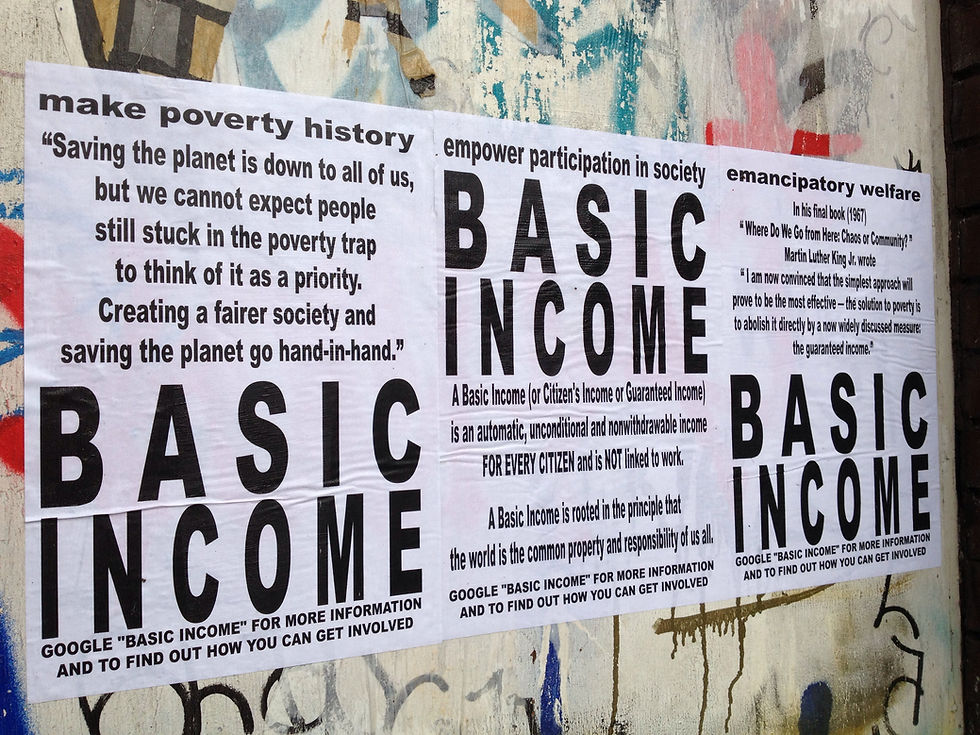Vienna: Four Dead in Terrorist Attack
- Elizabeth Bratton

- Nov 3, 2020
- 3 min read
Updated: Dec 23, 2024
Four people have been killed in a terror attack near the Seitenstettengasse synagogue in Vienna. A gunman, who was shot dead nine minutes into the attack, opened fire at 8pm local time on the second of November.
Rabbi Schlomo Hofmeister saw at least one person shooting into nearby bars. He recalls, "They were shooting at least 100 rounds just outside our building," and notes that this was the final evening before the re-enforcement of lockdown. The rabbi could not identify how many people were shooting, but believes at least one appeared "professional". There was reportedly no evidence that the synagogue was the intended target, as “He wasn’t shooting around randomly. It was very targeted and coordinated." While nobody was inside the building, the narrow streets of Vienna were packed.

22 people were left wounded by the attack. According to Austrian Chancellor Sebastian Kurz, those killed included: an elderly woman, an elderly man, a young male passerby, and a waitress. Kurz condemned the "repulsive terror attack", fuelled by "hatred of our way of life, our democracy". He recognised that combatting terrorism should not be a battle between Christians and Muslims, but rather one of "civilisation" versus "barbarism".
The now-deceased gunman has been identified as 20-year-old Kujtim Fejzulai. He had been sentenced to 22 months imprisonment in April 2019, having attempted to travel to Syria and join ISIS in September 2018. He reportedly made as far as an ISIS safe house in Turkey, but was later detained and held in Turkish jail for four months. Fejzulai was released from Australian prison last December "under juvenile law". As he was shooting on Monday, he was reportedly equipped with a fake explosive belt, an automatic rifle, a handgun, and a machete. The Islamic State has since assumed responsibility for the attack, and described the gunman as "a soldier of the caliphate".
Interior Minister Karl Nehammer believes that the shortening of Fejzulai's sentence is a symbol of the "gaps" within the nation's deradicalisation programmes, as he was able to "fool" the system. Rajan Basra, who specialises in studying links between crime and terrorism, explains that the attacker "tricked the authorities by falsely complying", and later claimed that the incident "is going to raise huge questions in Austria about why he was released early". Police initially reported that several people had been involved in the shooting, however they have since retracted that statement, and believe Fejzulai was acting alone. This conclusion was reached after examining more than 20,000 videos submitted by members of the public, although police are asking people not to post footage online. Thus far, 18 house searches have been conducted, weapons have been discovered, and 14 preliminary arrests have been made. Czech police have also confirmed that they are conducting more thorough checks on vehicles and people travelling across the border, "as a preventative measure".
The following morning, hundreds of people were still "taking refuge in cafes, bars, and Austria's national theatre". While hotels offered free accomodation to those stranded amidst the chaos, 1000 police officers were deployed throughout the city. Schools outside of the city centre were open on Tuesday, however students were encouraged to stay at home.
The attack comes after a string of terrorist attacks across France. President Emmanuel Macron tweeted: “We French share the shock and sorrow of the Austrian people”, while Prime Minister Boris Johnson stated: “I am deeply shocked by the terrible attacks in Vienna tonight. The UK’s thoughts are with the people of Austria – we stand united with you against terror.”
The UK terror alert level has since been raised to "severe", which is the second highest level. Home Secretary Priti Patel has described the move as a "precautionary measure", and has told the British public to be "alert but not alarmed".

_edited.png)



Comments